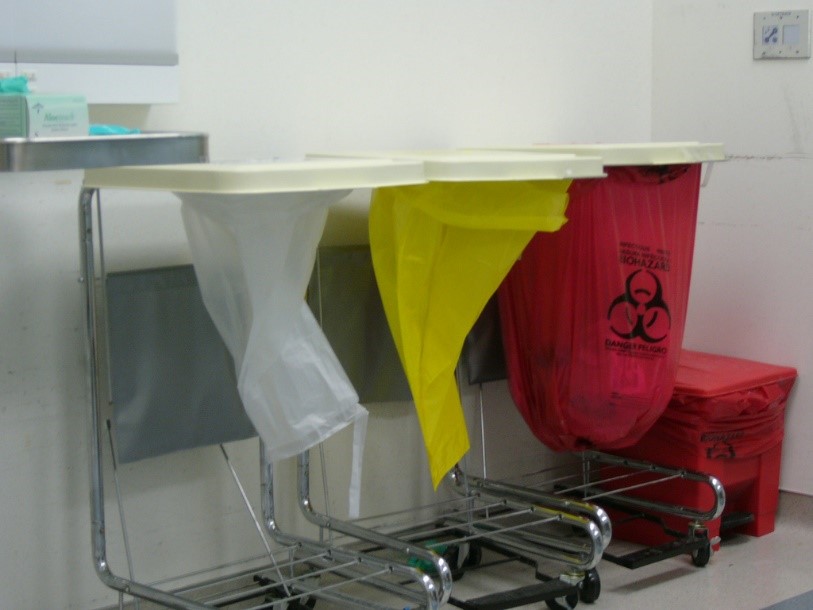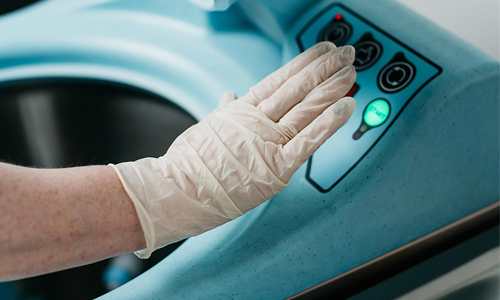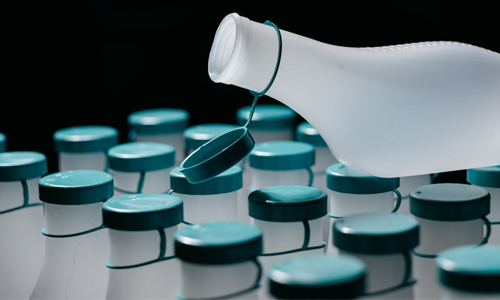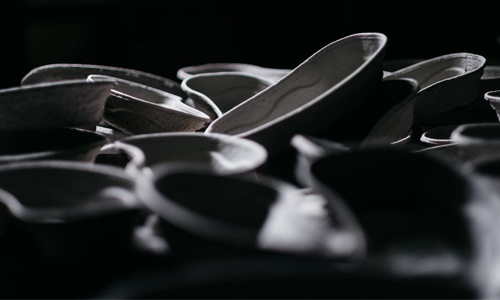The Challenges Of Waste Management
Running any kind of supported living environment presents a great many challenges.
One of the biggest is engineering an environment that feels, regardless of the residents’ specific requirements, ‘just like home’ all the while still being a safe and functional care facility.
The contradictions are everywhere. The furniture needs to be comfortable yet functional.
Rooms need to be spacious but considerately designed to accommodate those with physical disabilities.
And all of it has to be done in a way that maintains the dignity of the residents.
This means the disposal of potentially infectious material or offensive waste has to be done without causing embarrassment or upset. It’s not an unreasonable consideration regardless of circumstances, but presents care home managers with a very unique problem.
This is further compounded by the other potential sources of infectious disease that can occur more or less anywhere in the care home setting due to health issues such as bowel incontinence.
Again the challenge is the same: how do you contain, disinfect and dispose of any potential source of outbreak without causing embarrassment and simultaneously protect residents and staff?
Every care home will have some form of sluice/dirty utility room solution. Regardless of whether or not the home opts for bedpan washers or pulp macerators, it will also have an ‘easy to clean’ surface and a large sink, all designed to make disposal and cleaning safe and easy.
Hopefully it’s stocked with anti-bacterial cleaning solutions too.
But these are the raw tools, without a process they are useless at worst, underutilised at best.
This is where policy comes in.
Every care home has a duty of care to dispose of any waste or infectious material in such a way as to ensure both the patient’s wellbeing and dignity. No tall order but achievable when the policy gives a clear set of instructions on what to do.
You need a strategy.
The good news is that a common sense approach will prevail in most situations but standardising it, writing it down, testing it and making sure everyone in the facility understands it means a good base level of care and a reduction in outbreaks.
For example, if a chair is soiled do you have a process in place to deal with it?
If you do, does it take both infection control and the dignity of the individual in to account?
Is there a specific process regarding that eventually or is it a catch all policy of dealing with bowel incontinence without contingency for circumstance and appropriate disposal methods?
If the answer is anything other than yes to the above then there’s a real chance you’re exposing your residents and staff to the risk of infectious disease.
In the same way that hospitals have an infection control strategy so too should care homes. The reason is simple: care homes have all the same risks as a hospital but fewer clinical failsafe’s.
The beds aren’t always wipe clean so a compromised mattress protector represents a real infection control risk.
Improperly treated carpets can harbour harmful microbes in a way hospital flooring simply won’t.
Whereas wards are largely self-contained and therefore outbreaks can be contained along with it, a care home is almost impossible to isolate with residents moving freely around communal areas and to their rooms or beyond.
Without a strategy, those containment challenges become insurmountable and infection can spread rapidly through the home posing a threat to resident’s wellbeing but to their support circle and staff.
Don’t forget, an infection control strategy protects staff too.
Disinfecting a contaminated cushion cover is one thing; doing so safely because a process explains the benefits is another.
A highly detailed infection control strategy (that forms part of everyone’s induction), supported by an appropriate sluice/dirty utility room solution reduces risk to residents, protects their dignity and reduces staff sickness.
Which is just good sense.
DDC Dolphin are experts in sluice/dirty utility solutions and infection control consultancy. If you need support or an infection control solution contact us today to learn more.






